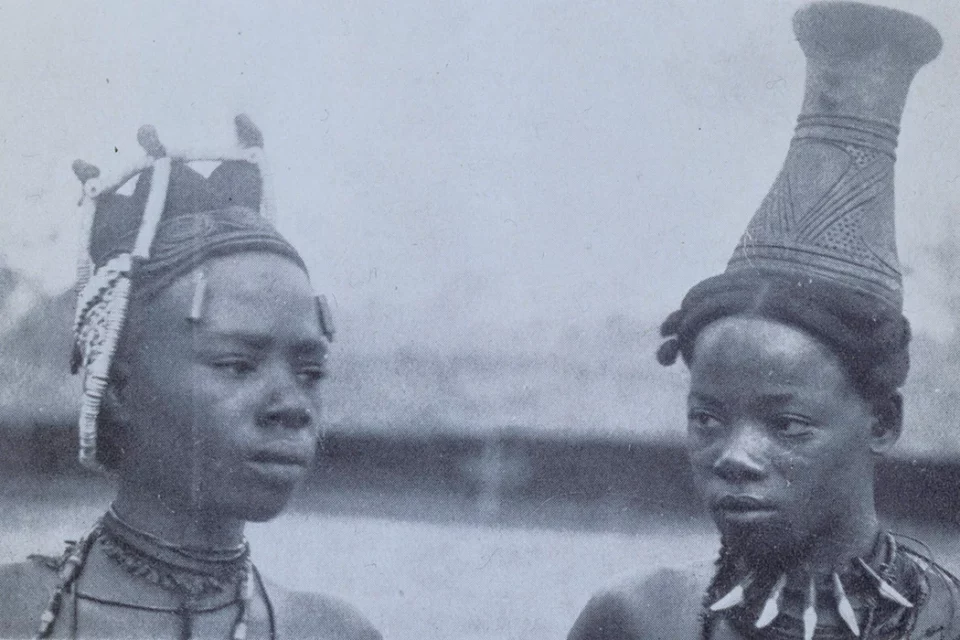In precolonial Igbo societies in West Africa, women held unique and influential positions of authority, contributing to the cultural richness and diversity of the region. While power typically resided with male chiefs or elders, women had their own distinct forms of authority, shaping the political, judicial, and religious institutions of their time.
The recently released movie, The Woman King, offers a fictionalized account based on the real-life Agoji warrior women of the West African kingdom of Dahomey. The power dynamics and roles of African women throughout history have been a subject of much debate and intrigue. Africana Studies scholar Gloria Chuku explores Igbo women’s political roles in her research, shedding light on their contributions to the cultural fabric of the region.
Precolonial Igbo society consisted of various small states with diverse governance structures. Although men predominantly held positions of power, women wielded their own unique authority. In many cases, the Isi Ada, or oldest daughter of a lineage, played an important role in the political, judicial, and religious institutions. Her reports to the women of her group could lead to collective action, challenging decisions made by male political leaders. Some wives of a chief might also hold power equivalent to that of male elders, and in certain instances, women ruled as monarchs or regents for underage kings.

Many Igbo societies featured dual-sex political systems, with women holding authority over specific sectors. There were women’s courts, female-run market authorities, and a variety of women’s organizations. A key leader within these structures was often the Omu, the “mother of society.” The Omu could be from the royal family, elected, or chosen by an oracle. She dressed like a king and had her own palace, although her authority in most cases was not as extensive as a male monarch. The Omu was often in charge of the marketplace and might have religious authority and state power. For example, the Omu Nwagboka of the Onitsha was a signatory to an 1884 treaty with the British.
However, the British colonial government of Nigeria began establishing new monetary, political, and judicial institutions under its own control in 1914. This colonial system governed through male authorities and formalized male institutions, while simultaneously ignoring female counterparts. Village assemblies were replaced with Native Courts, run by British officers and selected Igbo men, and women’s oversight of marketplaces was replaced with male market administrators. Although women occasionally secured positions of authority within the colonial system, it was quite unusual.
From the onset of colonial rule, women organized outside the system, leading boycotts, strikes, and other protests, such as the 1929 Aba Women’s Rebellion. Igbo women also played a role in the decolonization movement of the 1940s and 1950s. However, even after Nigeria gained independence, women remained underrepresented in its political institutions.
Igbo women have continually strived to regain the traditional dual-gender system of association that fostered community-based female mobilization and enabled them to maintain essential economic, political, and social organizations that protected their interests. Their historical roles in precolonial Igbo society highlight the cultural significance of women’s authority and their contributions to the rich tapestry of African history.
SOURCE: daily.jstor.org
IMAGE: anisza.org



